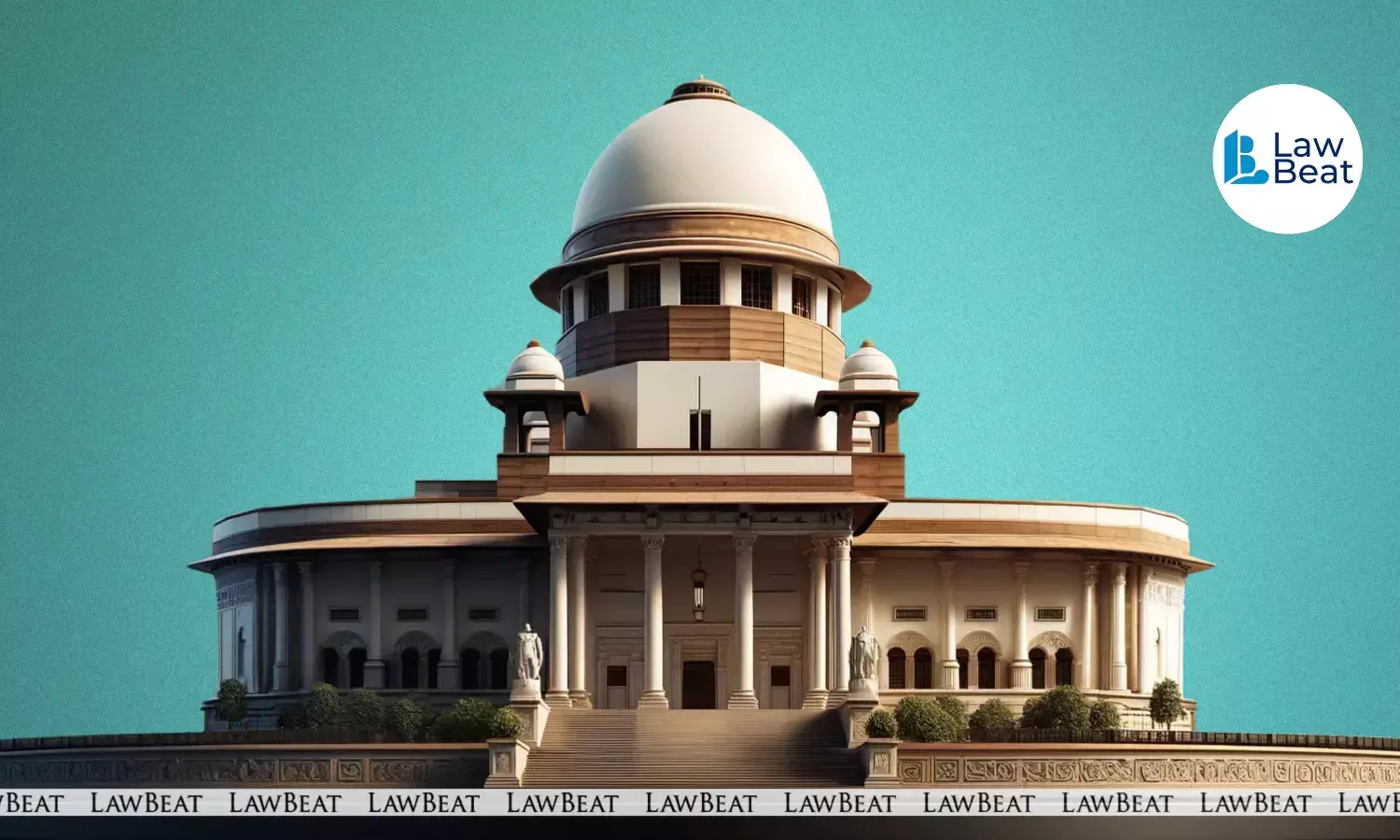SC Restores Summons in Murder Case, Says Trial Courts Can Summon Accused Even if Not Chargesheeted

The Supreme Court has ruled that trial courts have the authority to summon individuals as accused during trial under Section 319 of the Code of Criminal Procedure (CrPC), even if they are not named in the police chargesheet, provided the evidence presented in court points to their involvement.
In a judgment delivered on July 16, 2025, a bench of Justices Sanjay Karol and Joymalya Bagchi allowed an appeal filed by complainant Shiv Baran in a 2017 murder case, setting aside an order of the Allahabad High Court which had quashed the trial court’s decision to summon Rajendra Prasad Yadav as an accused.
Yadav had been named in the First Information Report (FIR) in the case but was not chargesheeted by the police. During the trial, however, prosecution witnesses implicated him in the crime. Despite this, the High Court held that the material on record was insufficient to justify his summoning, citing lack of strong motive and clarity on his role in the crime.
Disagreeing with the High Court’s reasoning, the Supreme Court held that the power under Section 319 CrPC is intended to prevent real culprits from escaping justice, and while it must be exercised sparingly, it cannot be denied where the evidence on record clearly suggests involvement of a person not previously arraigned as an accused.
“The object of Section 319 is to ensure that no guilty person should escape the process of law. The provision is rooted in the principle that the court has a duty to ensure a fair trial and bring all responsible persons to book,” the bench said, citing the legal maxim judex damnatur cum nocens absolvitur – a judge is condemned when a guilty person is acquitted.
The court reiterated that Section 319 is an enabling provision that gives courts the discretion to summon any person not already an accused, based solely on the evidence led during trial. It clarified that courts are not required to wait for the conclusion of trial or cross-examination of witnesses to invoke this power, referring to Constitution Bench precedent laid down in Hardeep Singh v. State of Punjab (2014).
It also referred to Labhuji Amratji Thakor v. State of Gujarat (2019), which held that the degree of satisfaction required to summon an accused under Section 319 CrPC lies between a prima facie case and the level of proof required for conviction.
“The power under Section 319 must be exercised with caution and not in a cavalier or routine manner. But where strong, cogent evidence emerges during trial indicating a person’s involvement, the court is duty-bound to act,” the bench held.
Reiterating the principles for exercising this power, the Supreme Court laid down the following: the provision serves to protect victims and society; courts have the duty to prevent escape of actual offenders; it can be invoked based only on trial evidence, not investigation material; and it applies even to those not named in the FIR or chargesheet. It further clarified that this power is not to be confused with a mini-trial and must not be misused to harass.
Applying these principles, the court found that three prosecution eyewitnesses had given specific accounts implicating Yadav, identifying him as being present at the scene and armed with a stick. The evidence, though preliminary, suggested a common intent among the assailants.
“The High Court erred by applying a standard of proof required at the stage of final judgment rather than the threshold applicable under Section 319. It wrongly assumed a mini-trial by relying on affidavits and misinterpreted the testimonies of key witnesses,” the bench observed.
The court also took note of the original complaint, where the informant explicitly named Yadav as one of the perpetrators who attacked his brother and others with a common intention to kill. The High Court, it held, was incorrect in dismissing this without adequate consideration of the trial evidence.
The Supreme Court restored the summons issued by the Trial Court against Yadav and directed all parties to appear before the trial court on August 28, 2025. The bench instructed that the trial be completed within 18 months and directed both sides to cooperate fully and avoid unnecessary delays.
Case Title: Shiv Baran v. Rajendra Prasad Yadav & Others
Judgment Date: July 16, 2025
Bench: Justices Sanjay Karol and Joymalya Bagchi
